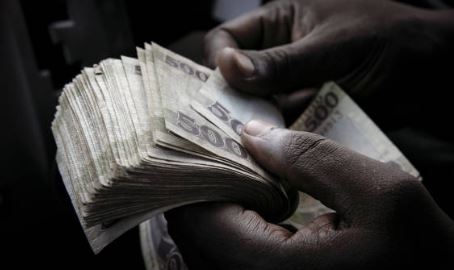South Sudan’s Ministry of Finance announced on Monday that it has started paying one-month salary arrears to civil servants and organized forces after workers going unpaid for nearly 12 months.
Tek Stephen Ogut, the director of communication at the finance ministry, confirmed the commencement of payments thus: “The salary payment has started today [Monday] and it is a one-month payment.”
This development follows a directive from President Salva Kiir Mayardit last week instructing the Ministry of Finance and the economic team to prioritize settling the salary arrears owed to public employees as quickly as possible.
In his address, Kiir acknowledged the urgency of resolving the country’s economic challenges.
“We must correct the current anomalies in the economic sector to alleviate the suffering of our people,” he stated.
The salary delays have led to widespread discontent among South Sudan’s public servants. Employees across the country have expressed their frustration at the failure to receive their wages for an extended period. In an interview with Radio Tamazuj, several workers explained the hardships they face due to the delayed payments.
Peter Malek, a state employee in Warrap State’s Ministry of Education, described the difficulties he has faced in supporting his family during the salary drought.
“One full year has passed without salaries. Last year’s December salary was not paid and now it is exactly 12 months without money,” he lamented.
He added that with Christmas approaching, he would be unable to provide for his children or buy clothes for the holiday. “There will be no celebration for the feast of the year,” he said.
Paulino Mathiang, another government employee, shared similar concerns.
“It is difficult to live without salaries. The security sector has received some months ahead of us, and there is a rumor that one month has been released, but we haven’t received it yet,” he explained. “It is a big challenge for us as government employees because we cannot prepare for Christmas. It is challenging to work for the government without pay.”
The South Sudanese Pound’s sharp depreciation has worsened the economic situation, now standing at 5,000 SSP to the US dollar in the black market. This is compounded by a scarcity of US dollars, exacerbating the country’s economic woes. Additionally, a critical oil pipeline, vital for South Sudan’s oil exports, was damaged in Sudan amid ongoing conflict, further strained the nation’s finances.




